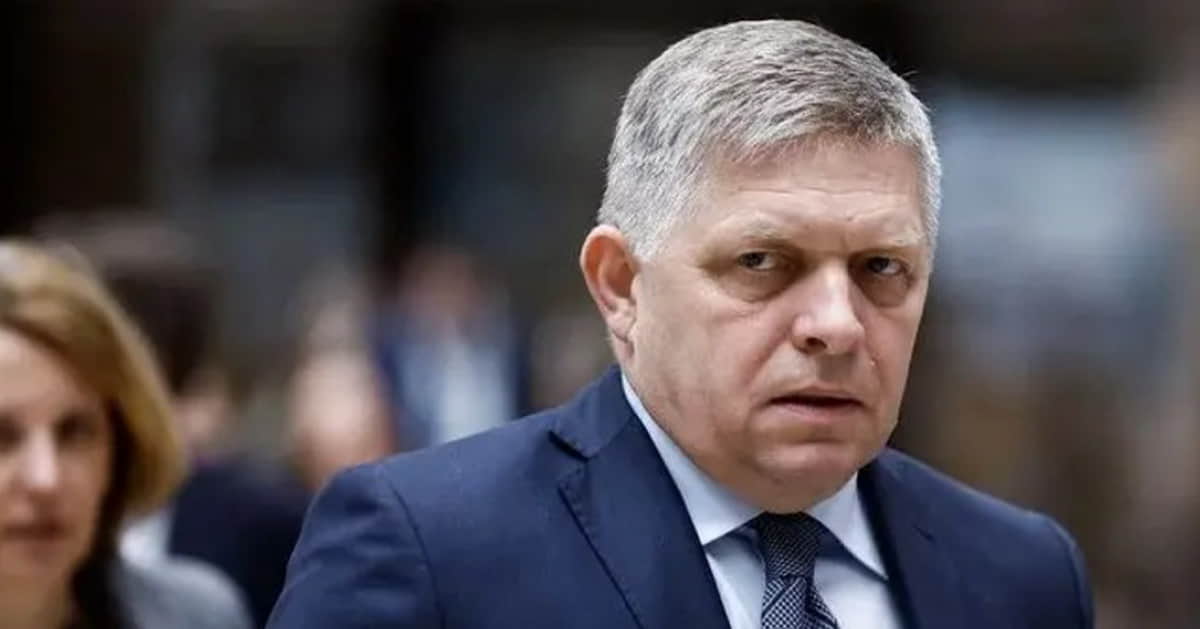Why Slovakia’s pro-Russian coalition under threat and how it might affect Ukraine

Last week, during the 25th anniversary celebration of his party, Slovak Prime Minister Robert Fico made a sensational statement hinting at the possibility of snap parliamentary elections. Both the ruling coalition and the opposition have begun preparing for it. Read more about the unfolding events in Slovakia and their potential impact on Ukraine in the article by Yurii Panchenko, a European Pravda editor - Pro-Russian coalition on the brink of vollapse: Why Slovakia's crisis presents new challenges for Ukraine.
On 26 November, Slovakia's opposition boycotted a parliamentary session to test whether the coalition had enough votes to proceed-not to pass legislation, but simply to convene. Advertisement: This strategy worked.
The session was delayed for a long time due to the lack of one vote. The coalition eventually was forced to postpone until February the debate on dismissing Interior Minister Mat?? ?utaj E?tok, the primary issue on the agenda. All of this stems from an ultimatum issued by three majority lawmakers.
Without the votes of the so-called Huliak group, the coalition has a razor-thin majority of 76 seats. As a result, any unexpected event can paralyse the legislative body, as demonstrated on 26 November. It has also come to light that one coalition MP requires long-term treatment for cancer.
This means the coalition must either convince the lawmaker to step down or find another way to secure a stable majority. One option is to reach a compromise with the "rebels." However, Fico appears unwilling to take this route. "Slovakia is not Huliak-ia.
Slovakia is Slovakia," Fico said in response to the ultimatum from MP Rudolf Huliak, signaling a refusal that paves the way for snap elections. What was the Huliak group's ultimatum? Rudolf Huliak and two other MPs belong to the National Coalition/Independent MPs party but entered parliament under the Slovak National Party (SNP).
They demanded first that SNP leader Andrej Danko allow their party to become a coalition full member. When this was denied, they left the SNP faction but remained part of the coalition. Later, the Huliak group escalated their demands, insisting that Fico's government transfer control of one of the three ministries allocated to the SNP.
This ultimatum was made public, which means any concessions by Fico would be perceived as a sign of weakness. In response, Fico has opted for a hardline approach, even mentioning readiness for snap elections, implying that his party could weather them, but Huliak's group would likely fail to enter parliament again. Snap elections are a high-risk strategy for Fico.
For this reason, many observers remain sceptical about their feasibility. First, a year in power has led to a decline in SMER's ratings. The party has lost its lead to the opposition Progressive Slovakia.
A bigger problem is that under current projections, the SNP would fail to pass the parliamentary threshold. Without the SNP, forming a new coalition would be extremely difficult. For this reason, many believe Fico will avoid early elections for as long as possible.
Even the likelihood of snap elections could lead to a sharp escalation in Fico's rhetoric. In 2023, Fico won elections by adopting a strongly anti-Ukrainian narrative. However, as prime minister, he has managed to establish pragmatic cooperation with Kyiv.
There is a significant risk of renewed tensions in relations between Bratislava and Kyiv.
If you notice an error, select the required text and press Ctrl + Enter to report it to the editors.